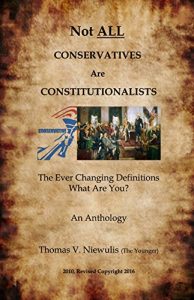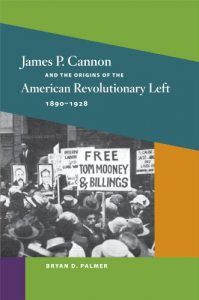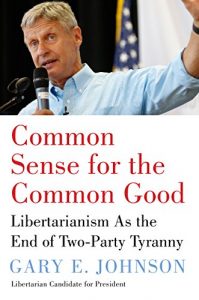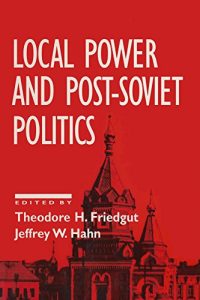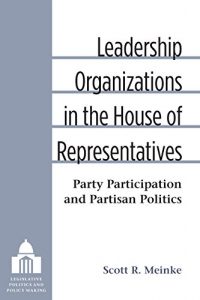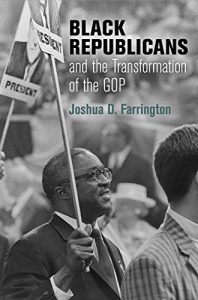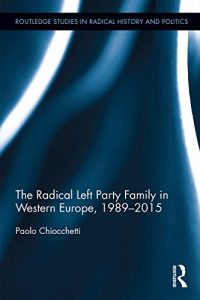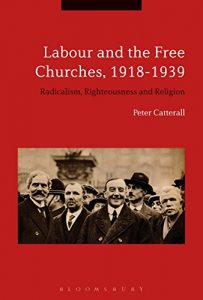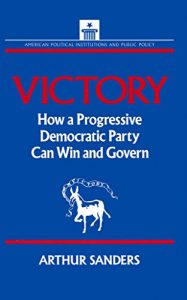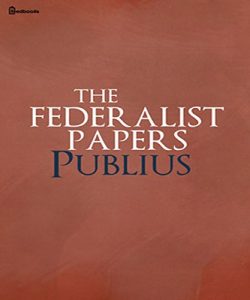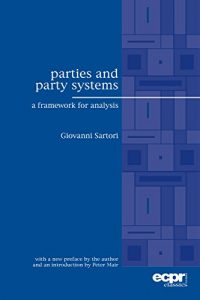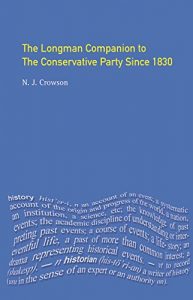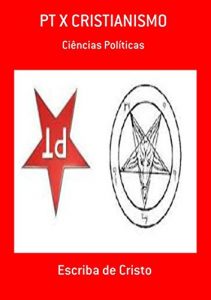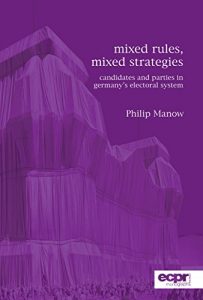I 99eBooks è una directory di eBook. Cerchiamo e classificato intorno alle eBooks Web per te!
Tutti i diritti riservati. I libri e libri elettronici sono di proprietà dei rispettivi proprietari.
Not ALL Conservatives Are Constitutionalists (English Edition)
“Not ALL Conservatives Are Constitutionalist” is a progression through a litany of definitions for Conservatism and a simplified single historical perspective of Constitutionalism. Tom looks at these two, not necessarily the same ideas in governance, from his personal thirty-year journey in politics. During the 2010 election cycle, the Constitutional Grass Roots stepped up and into their rightful role in the electoral decision process. This had instantaneously ignited the questions: 'What does it mean to be a Conservative candidate compared to a Constitutional candidate?' 'Doesn't a Conservative follow the Constitution in governing?'
This quick read, not really that quick if you follow the footnotes, defines these two views of governance and encourages each reader to evaluate their principles as a citizen and an electorate; knowing that just because someone says ‘they are a Conservative’ does not mean that they understand, have ever read either their state or federal constitutions let alone govern by Constitutional principles.
The Founders of America developed a structured form of ‘self-governance’ that is clearly defined in the Constitutions of the various States and in the Constitution of the United States. They expected every Citizen to learn the fundamental principles in a detailed way. Samuel Adams and others used the word 'imbued' to emphasize the level of understanding each person should have. Imbued is a verb that means: 'inspire or permeate with a feeling or quality.' We have too many in these United States that are not imbued with the knowledge and original intent of our Constitutional Republic. Worse yet, as proven in the 2010 through 2016 election, they don't understand the fundamental Founder's principles of self-governance. They prefer the 'isms' as outlined in this book.
This work was originally published in 2010; the 2016 election prompted a major revision that includes the original concept of Founders American Populism.
This quick read, not really that quick if you follow the footnotes, defines these two views of governance and encourages each reader to evaluate their principles as a citizen and an electorate; knowing that just because someone says ‘they are a Conservative’ does not mean that they understand, have ever read either their state or federal constitutions let alone govern by Constitutional principles.
The Founders of America developed a structured form of ‘self-governance’ that is clearly defined in the Constitutions of the various States and in the Constitution of the United States. They expected every Citizen to learn the fundamental principles in a detailed way. Samuel Adams and others used the word 'imbued' to emphasize the level of understanding each person should have. Imbued is a verb that means: 'inspire or permeate with a feeling or quality.' We have too many in these United States that are not imbued with the knowledge and original intent of our Constitutional Republic. Worse yet, as proven in the 2010 through 2016 election, they don't understand the fundamental Founder's principles of self-governance. They prefer the 'isms' as outlined in this book.
This work was originally published in 2010; the 2016 election prompted a major revision that includes the original concept of Founders American Populism.
